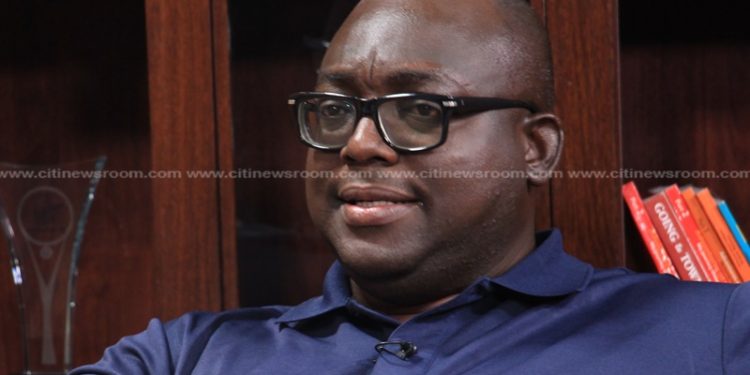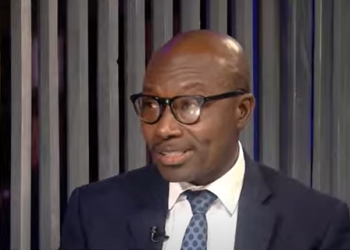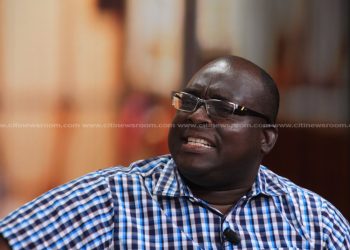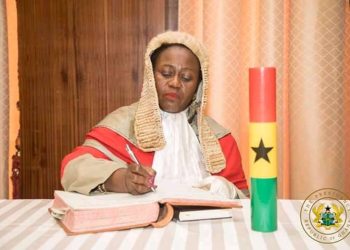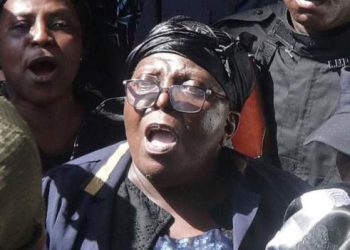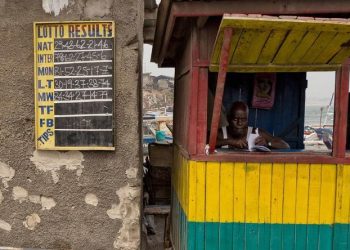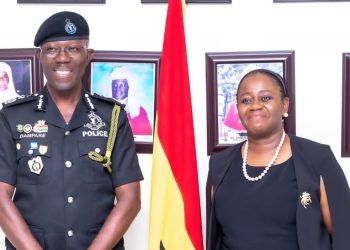A legal practitioner, Nii Kpakpo Samoa Addo, says he expects the Chief Justice nominee, Justice Anin Yeboah, to overcome the petition against him at Parliament over his alleged non-disclosure of assets.
Speaking on The Big Issue, Mr. Addo was confident that Justice Anin “will be given the opportunity to clear the issue and I think it will be one of the easiest things to clear.”
The lawyer was of the view that the non-disclosure of assets by the nominee may have been a mere oversight.
Mr. Addo argued further that the workload of supreme court judges could be a legitimate excuse for forgetting.
“The judicial secretary should be one of the first persons to send memos around to the justices because, honestly speaking, the volume of work they do, it very humanly possible that there probably may not have not been an intention to deliberately not fill [the asset declaration form].”
“My prayer is that he [Justice Anin Yeboah] is able to get to the committee, the first questions are asked, he produces his acknowledgement letter and dismisses this issue out of hand,” Mr. Addo added.
Also on the show, another lawyer, Yaw Oppong, said he expected the vetting of the Chief Justice, scheduled for Monday, December 23, 2019, to focus on administrative competences.
“The questions of issues must relate to his policy if granted the opportunity in relation to the administration of justice and also [his role as a] supervisor.”
The petition
A private citizen, Mensah Thompson, has petitioned the Speaker of Parliament over the nomination of Justice Anin Yeboah.
According to the petitioner, any Parliamentary approval of Justice Anin Yeboah will go contrary to Article 286 of the 1992 constitution because he has allegedly not disclosed his assets and liabilities as required.
He also filed a complaint with the Commission of Human Rights and Administrative Justice (CHRAJ).
Mr Thompson argued that Justice Anin Yeboah, prior to his nomination as the Chief Justice, had been a Justice of the court of appeal and was required under the constitution to have declared his assets and liabilities.
Article 286 of the constitution of Ghana states that:
“A person who holds a public office mentioned in clause (5) of this Article shall submit to the Auditor-General a written declaration of all property or assets owned by or liabilities owed by, him whether directly or indirectly.”
The public offices to which the provisions of this article apply are those of the President of the Republic; the Vice-President of the Republic; the Speaker, the Deputy Speaker and a Member of Parliament; Minister of State or Deputy Minister; Chief Justice, Justice of the Superior Court of Judicature, Chairman of a Regional Tribunal, the Commissioner for Human Rights and Administrative Justice and his Deputies and all judicial officers.

